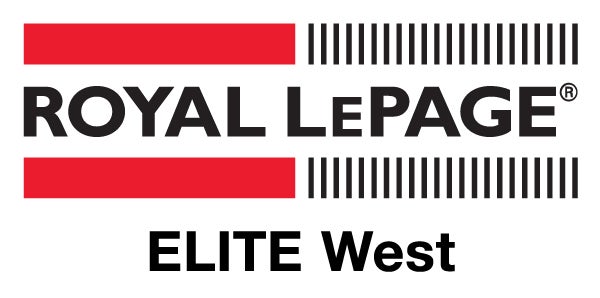
When it comes to selling a home, homeowners often find themselves facing a big decision: whether to invest time and money in small renovations or to leave the house as is. It's a dilemma that can often impact the selling process and potentially, the final sale price. Here are some pros and cons of each approach to help you with your decision.
Small Renovations
Undoubtedly, making small renovations can enhance the appeal of your home to potential buyers. Whether it's updating outdated fixtures, applying a fresh coat of paint, or replacing worn-out carpets, these minor upgrades can make a big difference in how your home is viewed.
Cons:
Leaving the House As Is
Pros:
Increased Value: Small renovations can potentially increase the value of your home, attracting more buyers and potentially fetching a higher sale price.
Faster Sale: Upgraded homes tend to sell faster than those in need of repair. Buyers are often willing to pay a premium for a move-in ready property.
Improved Aesthetics: Aesthetically pleasing homes create a positive first impression, making buyers more likely to envision themselves living there.
Faster Sale: Upgraded homes tend to sell faster than those in need of repair. Buyers are often willing to pay a premium for a move-in ready property.
Improved Aesthetics: Aesthetically pleasing homes create a positive first impression, making buyers more likely to envision themselves living there.
Cons:
Cost: Renovations, even small ones, come with a cost. Homeowners must carefully consider whether the potential increase in value justifies the expense.
Time: Renovations take time, and delays are not uncommon. If you're in a hurry to sell, the time it takes to complete renovations may be a drawback.
Overpersonalization: There's a risk of overpersonalizing the renovations to your taste, which may not align with the preferences of potential buyers.
Time: Renovations take time, and delays are not uncommon. If you're in a hurry to sell, the time it takes to complete renovations may be a drawback.
Overpersonalization: There's a risk of overpersonalizing the renovations to your taste, which may not align with the preferences of potential buyers.
Leaving the House As Is
On the flip side, opting to leave the house as is can simplify the selling process, saving you time, money, and hassle.
- Pros:
- Cost Savings: By avoiding renovations, you can save on upfront costs and potentially negotiate a lower selling price with buyers.
- Less Stress: Renovations can be stressful, especially if you're still living in the house. Leaving it as is eliminates the need for disruption and inconvenience.
- Neutral Canvas: A house left as is provides buyers with a blank canvas, allowing them to envision the space according to their own preferences and style.
- Reduced Appeal: Homes in need of repairs or updates may attract fewer buyers and receive lower offers, ultimately impacting the final sale price.
- Longer Time on Market: Properties that require renovations may linger on the market longer, potentially leading to lower offers as buyers perceive them as less desirable.
- Negotiation Challenges: Buyers may use the need for renovations as leverage during negotiations, resulting in lower offers or requests for concessions.
